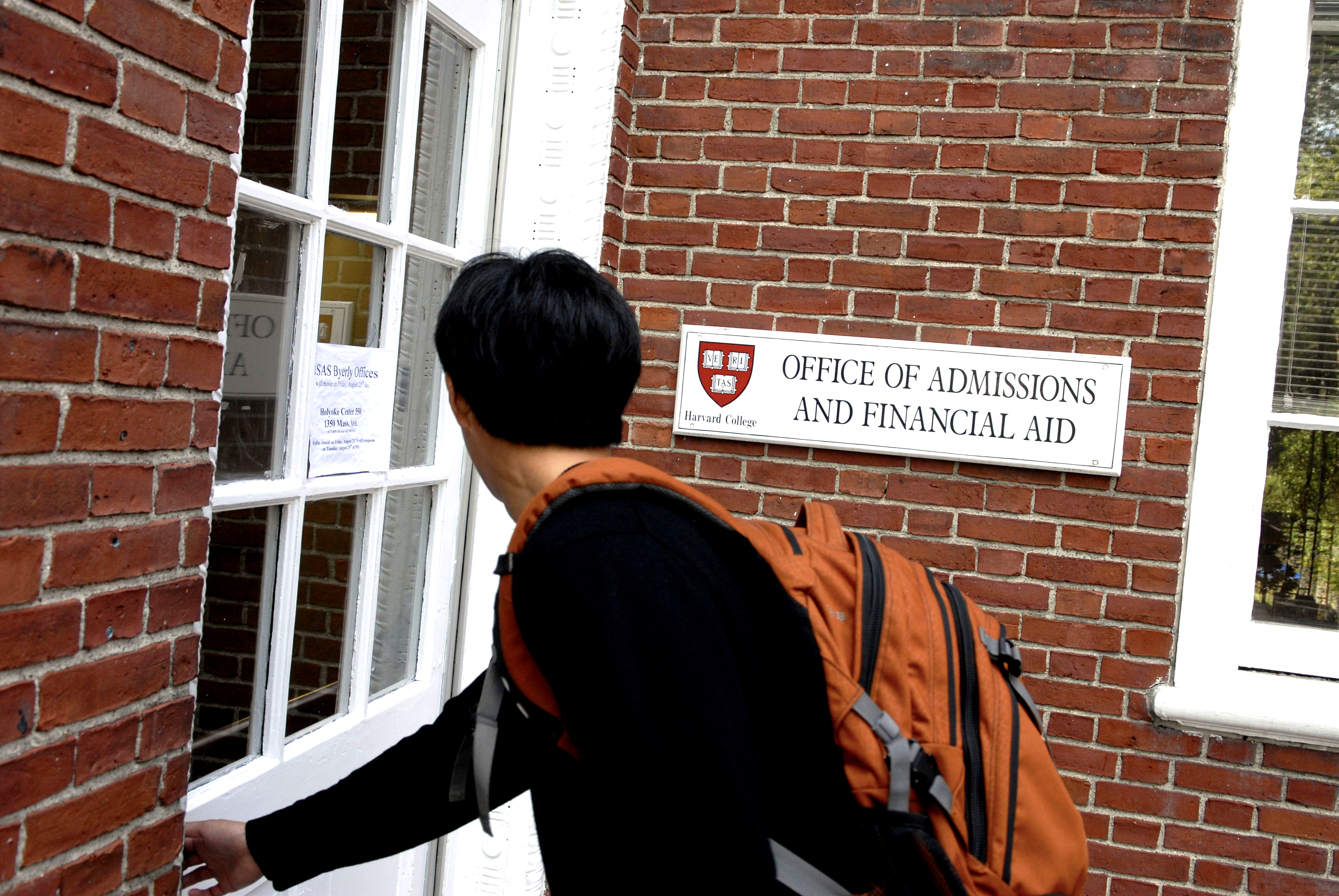The new way to an MBA
And more of the week's best financial advice

A free daily email with the biggest news stories of the day – and the best features from TheWeek.com
You are now subscribed
Your newsletter sign-up was successful
Here are three of the week's top pieces of financial advice, gathered from around the web:
The new way to an MBA
A growing number of universities are shutting down their MBA programs "in favor of shorter, specialized master's and online degrees," said Kelsey Gee at The Wall Street Journal. The student debt crisis has made more people "reluctant to leave jobs for a year or more to pursue one of the nation's priciest degrees." So applications have fallen even at elite schools like Harvard and Stanford, and programs have closed at Wake Forest, Virginia Tech, and the University of Illinois. Between 2014 and 2018, "the number of accredited full-time MBA programs in the U.S. shrank 9 percent," although business remains the most popular post-college degree. Meanwhile, "shorter and more flexible graduate business degrees have proliferated." Enrollment in new master's programs in specialized subjects such as data analytics has risen 16 percent.
The Week
Escape your echo chamber. Get the facts behind the news, plus analysis from multiple perspectives.

Sign up for The Week's Free Newsletters
From our morning news briefing to a weekly Good News Newsletter, get the best of The Week delivered directly to your inbox.
From our morning news briefing to a weekly Good News Newsletter, get the best of The Week delivered directly to your inbox.
'Dividend Aristocrats'
Dividend-paying stocks are back in fashion, said James Glassman at Kiplinger — and that's because investing in them "turns out to be a terrific strategy." Amazon, Google, Berkshire Hathaway, and Facebook have said they prefer to "invest their profits in their own business," rather than handing money to shareholders every few months. This made dividends unpopular. But at the end of 2018, there were 53 firms in the S&P 500 that increased their dividends to stockholders every year for at least 25 years. These so-called Dividend Aristocrats have returned an annual average of 18.3 percent over the past 10 years, compared with 17.1 percent for the S&P 500 as a whole. Why? "Dividends are probably the best indicator of the health of a business." They can also be the sign of a conservatively run organization that won't take risks with your money.
The school loan repayment gap
"The student debt burden is experienced differently by different types of borrowers," said Jillian Berman at MarketWatch. A new analysis found that 12 years after enrolling in college "white men have paid off 44 percent of their student loan balance on average" while white women have paid off just 28 percent. Black women, on the other hand, have seen their loan balances grow by 13 percent and black men by 11 percent. The report argued that "Repayment programs aimed at making debt more manageable only consider income, not wealth," and can disadvantage black families who have fewer family resources and have to borrow more.
A free daily email with the biggest news stories of the day – and the best features from TheWeek.com
-
 The Olympic timekeepers keeping the Games on track
The Olympic timekeepers keeping the Games on trackUnder the Radar Swiss watchmaking giant Omega has been at the finish line of every Olympic Games for nearly 100 years
-
 Will increasing tensions with Iran boil over into war?
Will increasing tensions with Iran boil over into war?Today’s Big Question President Donald Trump has recently been threatening the country
-
 Corruption: The spy sheikh and the president
Corruption: The spy sheikh and the presidentFeature Trump is at the center of another scandal